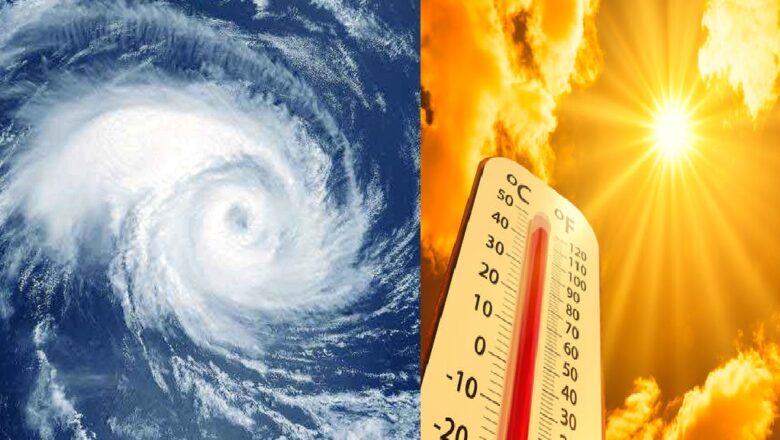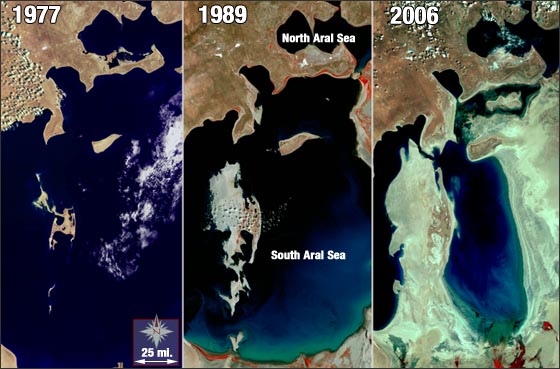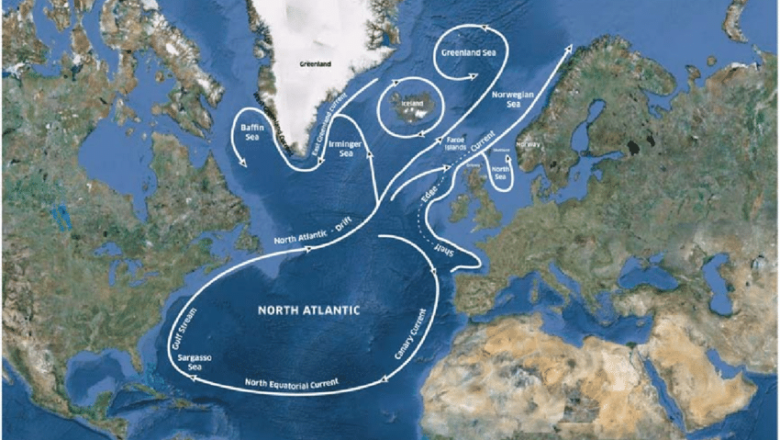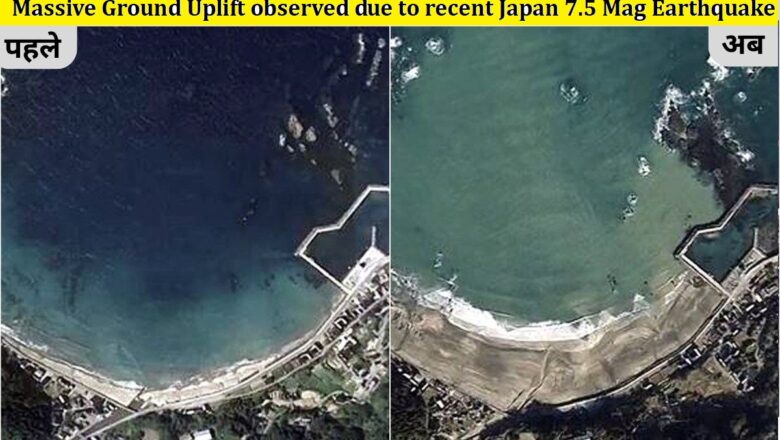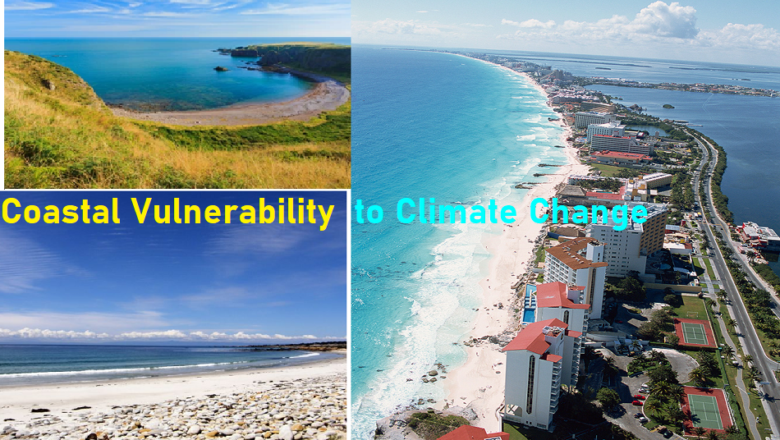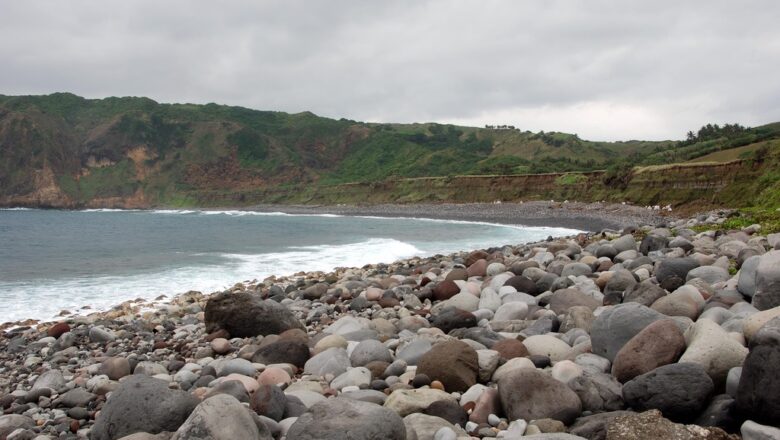
Mysterious Black Balls on Sydney Beaches May Be “Fatbergs” Containing Human Waste and Chemicals
In mid-October, Sydney beaches were alarmingly littered with black, tar-like balls. Initial suspicions pointed to tar balls from an oil spill, but a detailed analysis revealed a more disturbing source: these black lumps are likely "fatbergs," congealed masses of human waste and pollutants, including chemicals from industrial and domestic runoff.
The first sightings appeared on October 16 at Coogee Beach, with subsequent reports from Bondi, Bronte, Tamarama, and Maroubra. Authorities closed the beaches amid concerns of toxic exposure, initially linking the spheres to oil. However, scientific analysis, led by a team from the University of New South Wales and multiple environmental agencies, found that only 30% of the black balls’ carbon content was fossil-based, ruling out oil as the prim...


